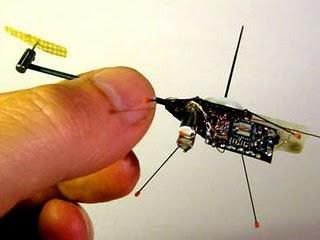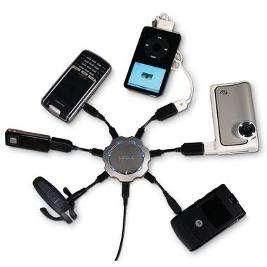
 Computer scientists in the US are developing technology that will transform cars into intelligent vehicles fitted with aircraft-style black boxes that can record information about driving behaviour during accidents.
Computer scientists in the US are developing technology that will transform cars into intelligent vehicles fitted with aircraft-style black boxes that can record information about driving behaviour during accidents.The car, which is being developed by researchers at computer chip giant Intel, will record information about the vehicle speed, steering and braking along with video footage from inside and outside the vehicle, The Telegraph reported.
This would be automatically sent to police and insurance companies in the event of an accident to make it easier to determine the cause of car crashes and identify the person responsible.
The device forms part of an intelligent car envisaged by researchers at Intel. They are developing technology that will transform cars into smart vehicles that are able to detect dangers on the road and even take over control from motorists.
They have been in discussions with car manufacturers about developing cars that are permanently connected to the Internet and other vehicles using wireless technology.
Camera systems that can recognise street signs and then take over control of a car if the motorist tries to drive the wrong way up a one-way street, for example, are being developed for use in vehicles.
On board sensors will also be able to detect pot holes in the road and report their location to road maintenance authorities as the car is moving.
The cars will also be able to track the location of surrounding vehicles and alert drivers if they get too close or try to change lanes when another vehicle is in their blind spot.
The technology was revealed at a research showcase by Intel in Santa Clara, California, last week. The company has been in discussions with car manufacturers about putting the technology into new vehicles.
Justin Ratner, the director of Intel Laboratories and chief technology officer, said: 'We are looking at a whole range of enhancements that will improve the driving experience, safety and security of vehicles.
'The intelligent vehicle is what we are talking about here. Once a car is connected, more or less on a continuous basis, all sorts of interesting possibilities present themselves.
'With vision systems on cars, it is perfectly reasonable for a car on its own to see the sign that says 'wrong way' or 'do not enter' and bring the vehicle to a halt at the side of the road so we don't have these senseless accidents where someone has failed to recognise a sign.
'We have talked to highway maintenance departments about using sensors that are already in cars to report the GPS coordinates for pot holes in the road to the maintenance department.'
Insurance companies are expected to welcome on-board car systems that will reduce the risk of accidents.
A spokesman for the Association of British Insurers said that aviation style black box technology for recording the circumstances around accidents could also help speed up payouts by reducing delays in determining causes of accidents.








0 Response to "Smart cars with intel smart car system - self driving - black boxes, connected to the Internet and vision systems on cars"